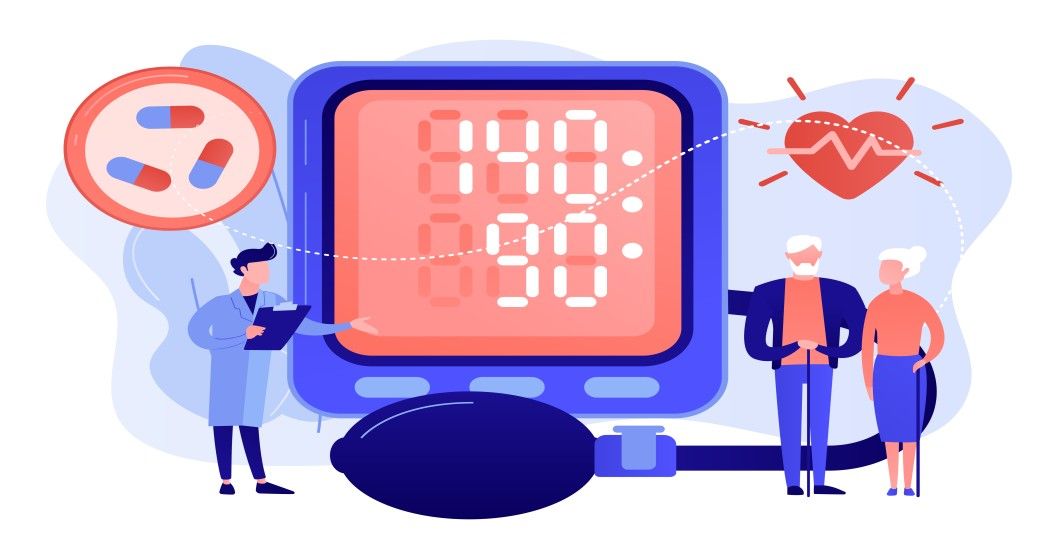Diabetes Management
Monsoon Care for Diabetes: 9 Things Every Diabetic Must Know
2 min read
By Apollo 24|7, Published on - 11 September 2023, Updated on - 14 September 2023
Share this article
0
0 like

Monsoon brings relief from the scorching heat, but for individuals with diabetes, it also introduces unique challenges. The combination of humidity, rain, and fluctuating temperatures can affect blood sugar levels and overall well-being. In this blog, we will discuss some tips for diabetes care during the monsoon season:
1. Monitor Blood Sugar Levels Regularly
Frequent blood sugar monitoring is crucial, especially during the monsoon. Fluctuations in weather can impact insulin sensitivity, so keeping a close eye on your levels will help you make necessary adjustments to your diabetes management plan.
2. Stay Hydrated
Humidity can lead to excessive sweating and dehydration, which can affect blood sugar control. Drink plenty of water throughout the day to stay hydrated.
3. Beware of Contaminated Water
During the monsoon, waterborne diseases are more prevalent. Diabetics should avoid consuming untreated or contaminated water to prevent illness, which can disrupt diabetes management.
4. Choose Seasonal, Low-Glycemic Foods
Opt for seasonal fruits and vegetables, which are not only fresher but can also help regulate blood sugar levels. Focus on low-glycemic foods like
- Leafy greens
- Bitter Gourd
- Cucumber.
5. Maintain Medication Schedule
Stick to your prescribed medication schedule, even on rainy days. Consistency is key in diabetes management.
6. Protect Your Feet
Monsoon puddles and wet surfaces can increase the risk of fungal infections, particularly in the feet. Keep your feet clean, dry, and wear appropriate footwear to prevent infections.
7. Carry Diabetes Essentials
Always carry your diabetes essentials, including glucose tablets or snacks, in case of unexpected delays or emergencies caused by weather-related issues.
8. Be Cautious with Street Food
While enjoying street food during the monsoon can be tempting, be cautious about its cleanliness and its potential impact on blood sugar. Opt for healthier, hygienic options.
9. Seek Medical Advice
If you experience any unusual symptoms or fluctuations in blood sugar levels during the monsoon, consult your healthcare provider promptly for guidance and adjustments to your diabetes management plan.
Conclusion
Monsoon care for individuals with diabetes requires vigilance and adaptation to changing weather conditions. Remember that consistency in diabetes management and being proactive in addressing potential challenges will enable you to enjoy the monsoon while keeping your health in check.
Diabetes Management
Consult Top Diabetologists
View AllLeave Comment
Recommended for you
%20(1).jpg?tr=q-80)
Diabetes Management
Balancing Diabetes With a Ketogenic Diet
Diabetes management requires incorporating a balanced diet and lifestyle changes. Ketogenic diets, with their low-carb, high-fat & Protein approach, offer potential benefits for blood sugar control and weight loss. However, individual dietary needs, potential side effects and the importance of a balanced diet make a holistic approach to diabetes management crucial.
.jpg?tr=q-80)
Diabetes Management
Diabetes and Constipation: Causes and Management Strategies
Did you know that diabetes can contribute to constipation? This might sound surprising, but the good news is that it's manageable. Through a combination of lifestyle changes, medication and controlling blood sugar levels, you can effectively manage this digestive issue. Consider enrolling in professional programmes like the Apollo Super 6 to provide you with personalised support in your diabetes management journey.

Diabetes Management
Taking Back Control: Your Guide to Managing Diabetes & High Blood Pressure
You don’t have to live with diabetes or hypertension forever! Lifestyle changes like healthy eating, exercise, weight management, stress reduction, and quitting smoking can help you potentially reverse them. Remember, a balanced lifestyle is the key. Consulting your doctor is crucial for personalized advice and medication adjustments.
Subscribe
Sign up for our free Health Library Daily Newsletter
Get doctor-approved health tips, news, and more.
Visual Stories

8 Fruits That are Incredibly Healthy for Diabetes
Tap to continue exploring
Recommended for you
%20(1).jpg?tr=q-80)
Diabetes Management
Balancing Diabetes With a Ketogenic Diet
Diabetes management requires incorporating a balanced diet and lifestyle changes. Ketogenic diets, with their low-carb, high-fat & Protein approach, offer potential benefits for blood sugar control and weight loss. However, individual dietary needs, potential side effects and the importance of a balanced diet make a holistic approach to diabetes management crucial.
.jpg?tr=q-80)
Diabetes Management
Diabetes and Constipation: Causes and Management Strategies
Did you know that diabetes can contribute to constipation? This might sound surprising, but the good news is that it's manageable. Through a combination of lifestyle changes, medication and controlling blood sugar levels, you can effectively manage this digestive issue. Consider enrolling in professional programmes like the Apollo Super 6 to provide you with personalised support in your diabetes management journey.

Diabetes Management
Taking Back Control: Your Guide to Managing Diabetes & High Blood Pressure
You don’t have to live with diabetes or hypertension forever! Lifestyle changes like healthy eating, exercise, weight management, stress reduction, and quitting smoking can help you potentially reverse them. Remember, a balanced lifestyle is the key. Consulting your doctor is crucial for personalized advice and medication adjustments.


